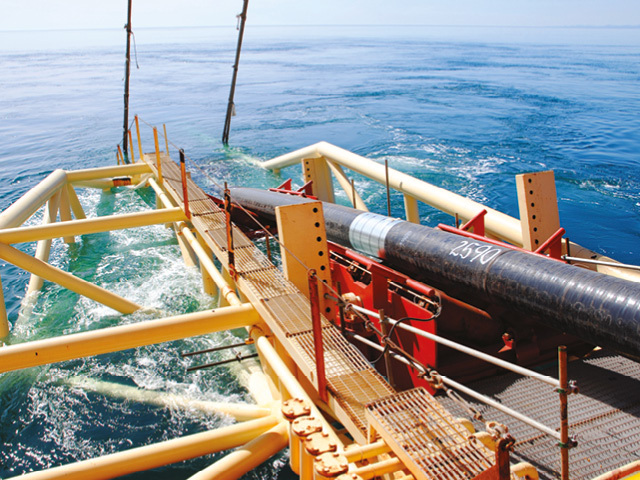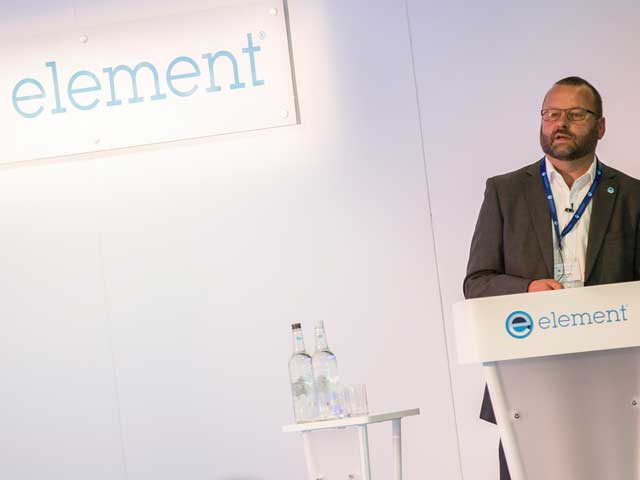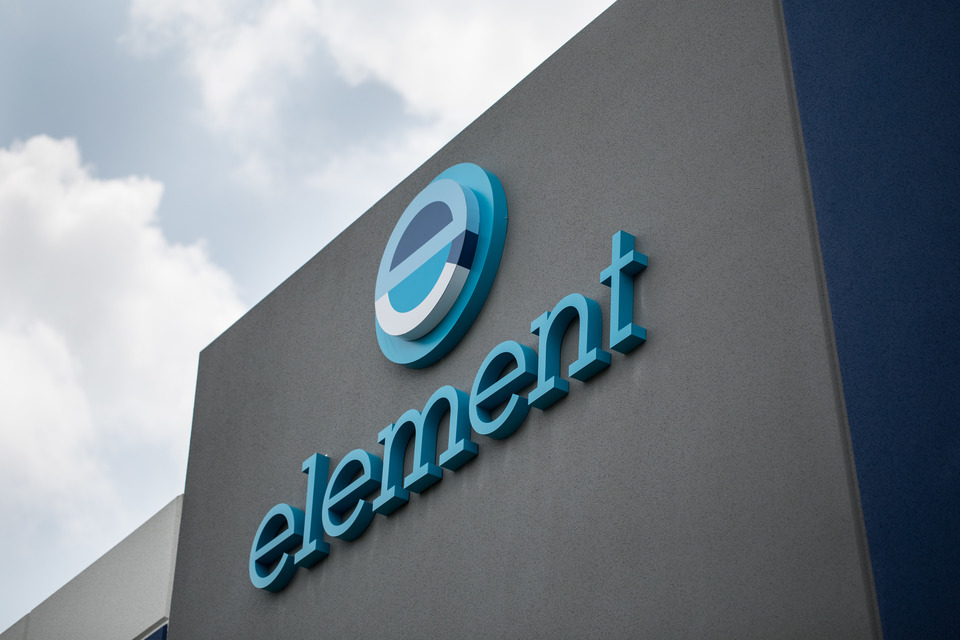Element performs Slow Strain Rate Testing (SSRT) and Rippled Slow Strain Rate Testing (RSSRT) to evaluate the susceptibility of metals to Stress Corrosion Cracking (SCC) or Hydrogen Embrittlement (HE), to ensure they are safe and maintain effective performance.
Slow Strain Rate Testing (SSRT), also known as Constant Extension Rate Tensile testing (CERT) is used as a screening tool for comparative assessment of the SCC/HE resistance of various metals.
Element’s SSRT testing helps you characterize theStress Corrosion Cracking (SCC)/Hydrogen Embrittlement (HE)susceptibility of metals to estimate the effect of corrosive environment composition on the liability of materials to cracking.
Our SSRT/RSSRT test methods
– NACE TM0198 (SSRT)
– ASTM G129 (SSRT)
– ISO 7539-7 (SSRT)
– NACE Paper No. 58, Corrosion 97 (RSSRT)
Slow Strain Rate Testing (SSRT)
The SSRT test involves testing of tensile specimens at strain rates typically in the order of 10-5. s-1. The tests are conducted in air and within a corrosive environment, and the ductility properties (elongation and reduction of area) and the appearance of fracture surfaces are compared. Element uses the NACE TM0198 method to quick screen Corrosion Resistant Alloys (CRA's) materials for resistance to SCC at elevated temperatures in sour oilfield production environments, under constantly increasing strain rates. We can perform SSRT atambient or elevated temperatures and/or pressures.
Ripple Slow Strain Rate Testing (RSSRT)
The RSSRT, also known as Cyclic Slow Strain Rate test (CSSRT), involves testing of stainless steel or nickel alloys tensile specimens which are cycled around the yield point of the material in order to disrupt the passive film within the corrosive environment during the test. The test typically runs for 250 cycles of 7 days and any failures occurring within the test period may be indicative of susceptibility to SCC/HE. We can also perform RSSRT atambient or elevated temperatures and/or pressures.
For more information about how we perform Slow Strain Rate Testing (SSRT), or to request a quote,contact us today.
making certain for nearly 190 years
More from Element

services
Sulfide Stress Cracking (SSC) Testing
Element's SSC (Sulfide Stress Cracking) testing according the NACE TM0177/ ISO 15156 standard helps ensure sour service pipelines’ reliability and longevity.
Read More

services
Corrosion Testing
Element’s corrosion testing laboratories provide complete corrosion testing services to many industries, including salt spray, cyclic corrosion, pitting testing, and more.
Read More

resource
亚慱体育怎么下载
越是加大er blog posts, articles, white papers, webinars, and advice from our world-leading testing, inspection, and certification experts.

locations
Local laboratories, global platform
Doing business with one of our laboratories enables our clients' access to our global platform of expertise, capacity and capabilities.
READ MORE




